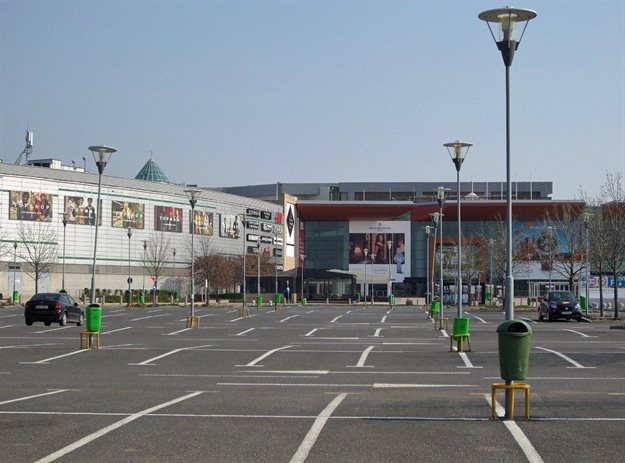
Subscribe & Follow
#AfricaMonth
In the news
Landlord-tenant collaboration key to continuity in retail property sector

Today, the SA property index finds itself 45% down year-to-date, with yields at around 18% as a result of widespread, largely indiscriminate selling. Perhaps unsurprisingly, given the lockdown, the retail sector is stacking up to be the hardest hit by Covid-19 in the short term, not only because consumers are being forced to stay at home, but also because of the significant knock-on effect this is having on the ability of non-essential retail tenants to meet their overheads in the face of non-existent income.
Withholding rent payments
Against this backdrop, rental payments are now being viewed by many retailers as the first line of financial defence. This, despite President Ramaphosa insisting that businesses are not entitled to exercise force majeure in order to avoid rental payments. The extent of the situation and the aforementioned knock-on effect become apparent when one considers that the decision to withhold rent payments is being made by national retailers such Pepkor, Dischem, Edcon and The Foschini Group. The potential economic fallout from Covid-19 could be sizeable.
Unemployment concerns aside, the property sector – of which retail is a significant component – contributes over R16bn in tax revenue (c.1.2%) to the national fiscus every year. In addition, listed property makes up a meaningful portion of the portfolios of most large pension funds in SA, and retail assets like shopping centres are key components of these property funds.
Shopping centres also play a large societal role in SA, not only providing goods and services, but also serving as information hubs and social gathering points. So, while the impact of large-scale rental defaults will certainly be felt directly by landlords, we expect the indirect repercussions to extend to all areas of society, including consumers and private and institutional investors.
Rental discounts, deferments
Given that the listed property sector in SA has an interest coverage ratio of around 3.5 times, it does have a way of cushioning any earnings decrease in the short term. This means that landlords have the option of mitigating the fallout by tapping into their financial lines and allowing financially challenged tenants to leverage property company balance sheets until the lockdown is lifted and a measure of normalcy is restored to the economy. This assistance could take the form of rental discounts or rental deferments that could work similarly to an interest-free loan, with set repayment terms for the tenants involved.
To its credit, the retail property industry has already responded in this way. The Property Industry Group, a collective formed by the major SA real estate representative bodies, including the SA REIT Association, SA Property Owners Association, and SA Council of Shopping Centres, implemented an assistance and relief package for tenants facing revenue challenges due to the lockdown. While the relief package is primarily aimed at SMMEs (with annual turnover of up to R80m), larger tenants are also able to participate.
The primary objective of the relief package is to enable retailers to preserve jobs; helping them to cover their rent is a key factor in this, as it ensures their survival and releases rental money to continue paying other operating costs. To qualify for the package, retailers have to commit to no retrenchments during their relief period and, in return, they are assured that they will not face eviction from their premises for the same period. Participating landlords will offer discounts, deferments or waivers of store and parking rentals as well as other operating costs.
Acting responsibly, honestly
While many of these retailers are, understandably, focused primarily on surviving the crisis and limiting job losses, the importance of acting responsibly and honestly when dealing with their landlords cannot be overstated. The relief efforts of property owners and collaborations must benefit those who most urgently need them. While landlords may research the financial challenges facing tenants that seek assistance from them, the situation also opens the door to less-than-honest responses. Stores that have the means to survive Covid-19 with little or no assistance must embrace their responsibility to do so, whether it be by claiming against business continuity insurance policies, delaying capital expenditure or finding other innovative ways of reducing costs until full operations are restored. And where larger corporations are able to provide assistance to those in need, they have a clear responsibility to do so, to ensure the survival of the SA economy.
This is not the time for opportunism. Nor is it the time for hard-headedness or litigation. Collaboration, empathy, and mutual respect are the keys not only to ensuring that retailers and landlords survive this crisis, but also to emerging from it stronger, more resilient and more understanding of each other's businesses and challenges.














